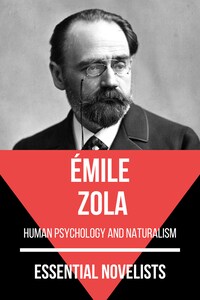The Three Cities Trilogy: Rome, Complete
Unveiling Rome: A Realistic Tale of Urban Life and Social Struggles in the 19th Century
Description of book
In "The Three Cities Trilogy: Rome, Complete," Émile Zola presents a profound exploration of the intersection between faith, human experience, and societal constructs in late 19th-century France. This remarkable volume, part of Zola's larger trilogy, employs his hallmark naturalistic style, rich with vivid descriptions and dynamic characterizations, to delve into the complexities of religious faith amidst modernity. The narrative follows the protagonist, a priest, as he grapples with the contradictions of his beliefs while navigating the vibrant, yet tumultuous landscape of Rome, serving as a microcosm for larger existential dilemmas present in society. Zola's meticulous attention to detail reflects not only his literary prowess but also his intent to scrutinize the societal impacts of religion, drawing readers into a world where dogma and individual desire collide. Émile Zola, a pivotal figure of the literary naturalism movement, draws on his own experiences and observations of social injustices, which may have inspired him to write this trilogy. Living through a time of great political upheaval and industrialization in France, Zola's works often reflect his commitment to social reform and his interest in portraying the realities of human existence stripped of romanticism. The emotional depth and moral dilemmas faced by his characters are indicative of his belief in the influence of environment on human behavior. I highly recommend "The Three Cities Trilogy: Rome, Complete" to those interested in the interplay of faith and societal critique. Zola's intricate narrative not only invites a deep engagement with the philosophical questions of existence but also offers a timeless commentary on the role of religion in shaping human experience. This book stands as a cornerstone of Zola's oeuvre and a vital reading for anyone seeking a profound understanding of naturalism and its reflection on modern life.
 Émile Zola
Émile Zola 838 Pages
838 PagesFill your life with stories
from €7.99/month
Enjoy a world of audiobooks and e-books. No commitments. Cancel at any time.
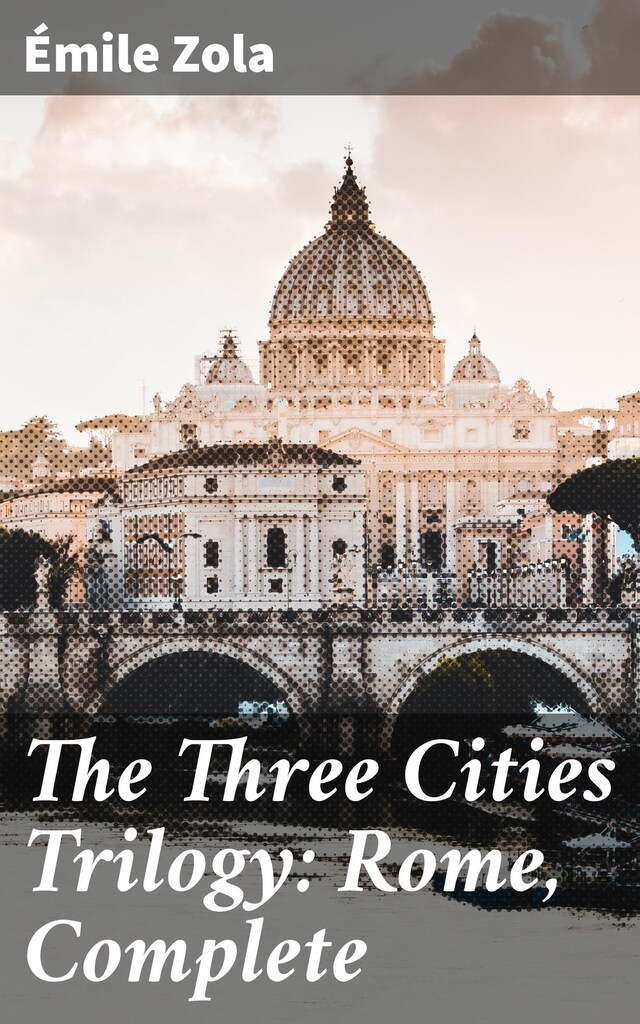

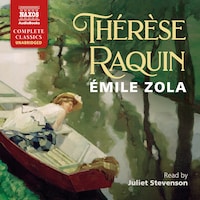



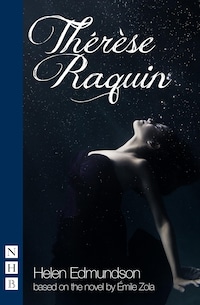
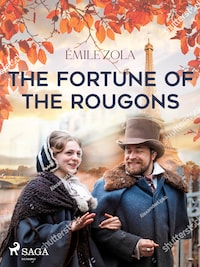


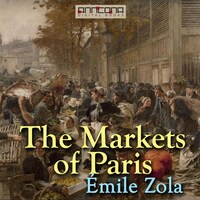
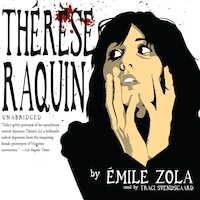
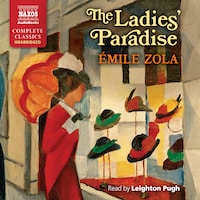
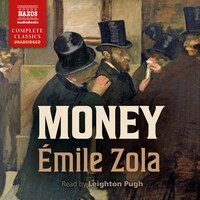

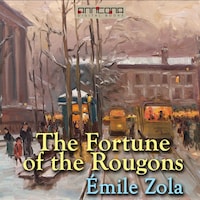





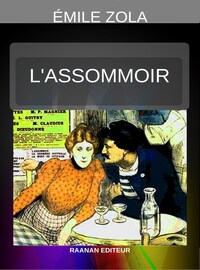
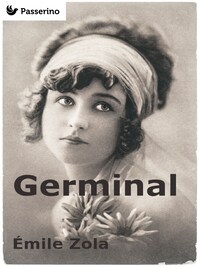

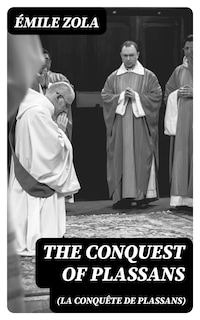
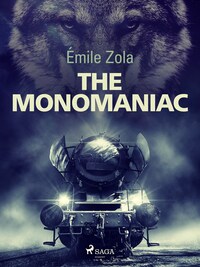
![Truth [Vérité]](https://prod-bb-images.akamaized.net/book-covers/coverimage-8596547366737-bookwire-2022-09-20t18-14.jpg?w=200)
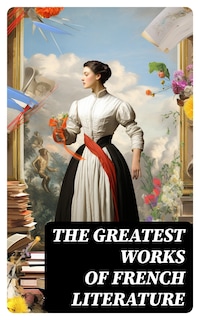
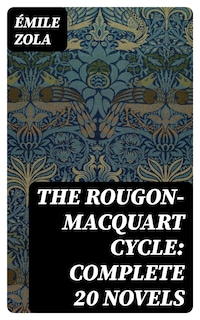
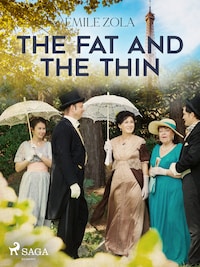

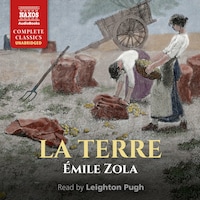

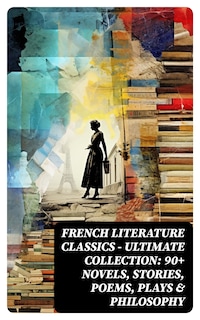
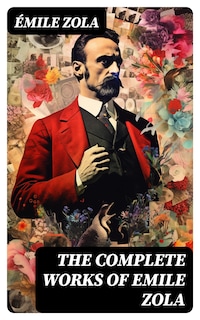
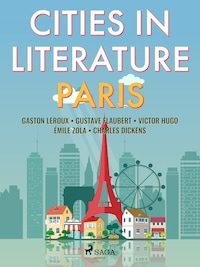
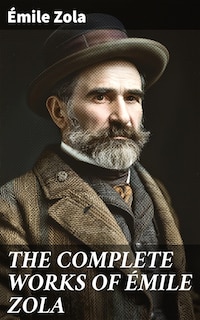

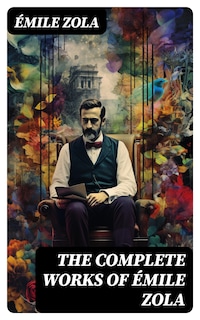

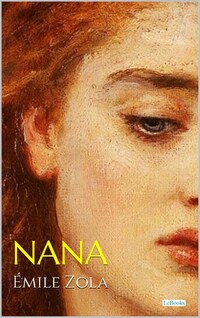
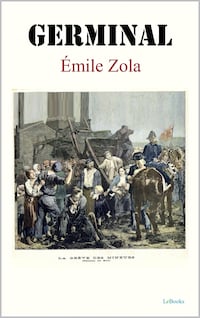
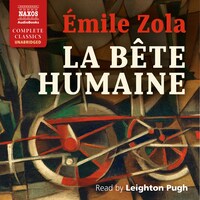


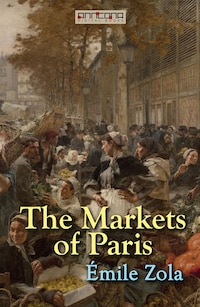
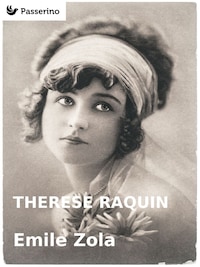
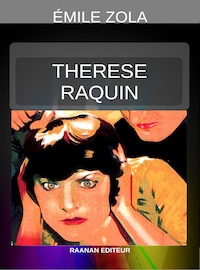
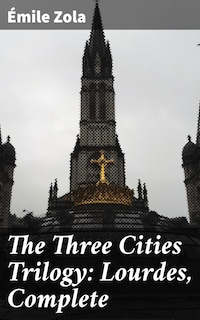
![The Joy of Life [La joie de vivre]](https://prod-bb-images.akamaized.net/book-covers/coverimage-4057664619358-bookwire-2022-04-22t17-41.jpg?w=200)
